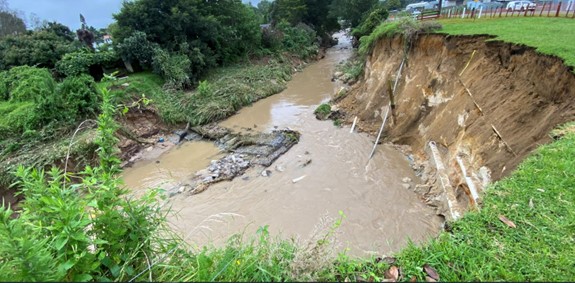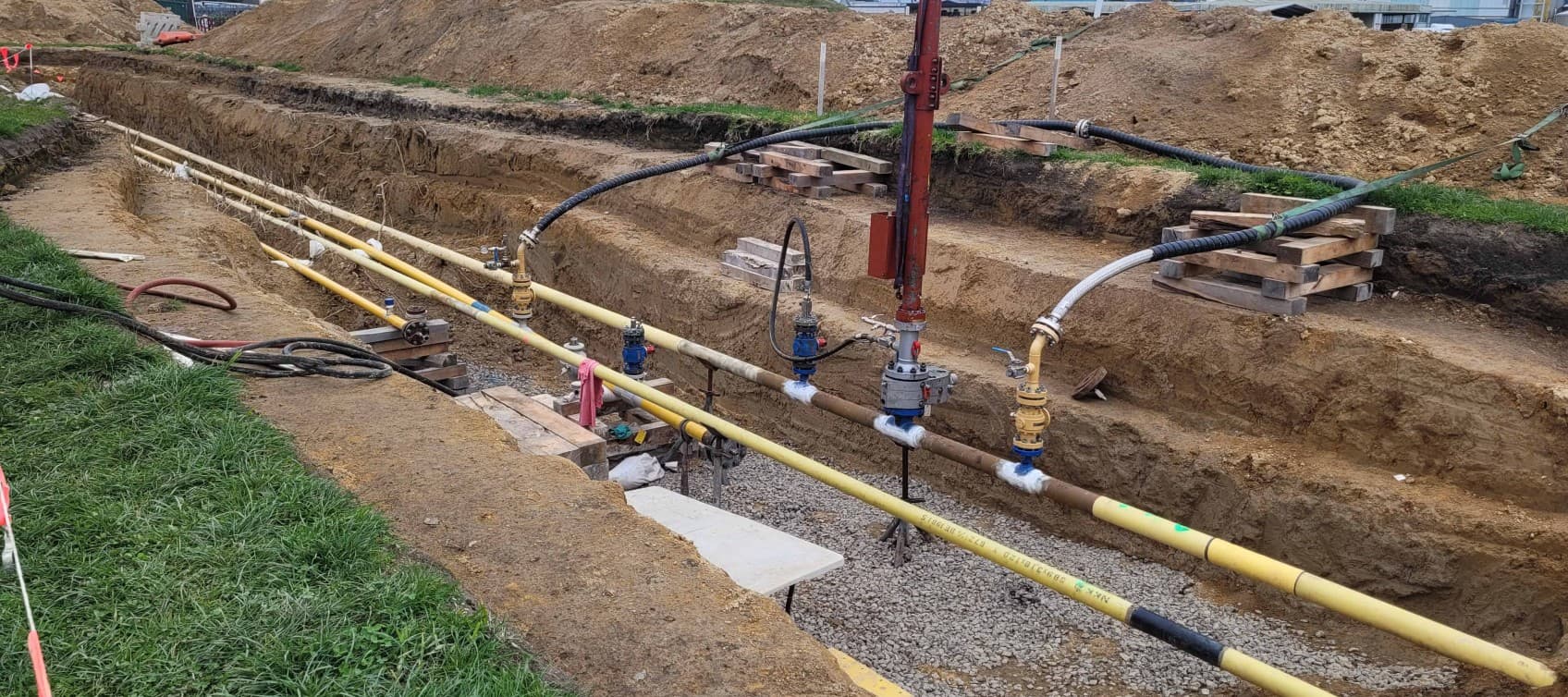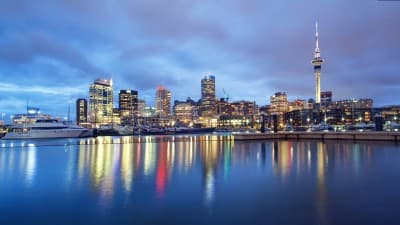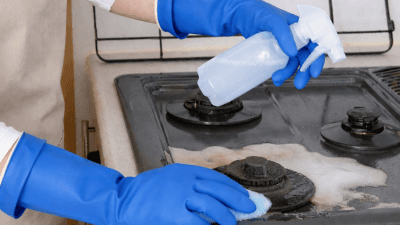In 2023, Cyclone Gabrielle hit New Zealand, causing billions of dollars in damage across the country and more than 140,000 landslides. Western Bay of Plenty wasn’t one of the worst-hit regions, but there was some significant flood and storm damage – including creating some risk for two of our gas pipelines.
Near Te Puke, alongside Washer Road, is the Ohineangaanga stream that feeds into the Kaituna River, which had two underground Firstgas transmission lines located in its banks. The lines supplied natural gas to the 10,000-strong town of Te Puke and to AFFCO Ranguiuru. When Cyclone Gabrielle washed away the streambank, the pipelines were left exposed.
“All of a sudden our transmission lines were hanging in the breeze,” says Steve Shirley, Project Manager at Clarus. “If the washout had escalated and the pipelines failed, it would have cut off the gas to homes in Te Puke and our industrial customers.”

Working with the community to find a fix
Shortly after the February 2023 storm, a temporary above-ground bypass was created which allowed them to shut down the exposed pipelines. Then began the design phase for relocating the pipelines which needed to be moved to a safer location, further from the stream.
In selecting a new route, Steve worked closely with the two nearby landowners who had the pipeline running through their properties. Could the new lines run along Washer Road? Maybe, but two separate councils were involved: the road was managed by the Western Bay of Plenty District Council, and the river was managed by the Bay of Plenty Regional Council. Then there were the challenges of a new resource consent and dealing with other regulations, which included working with the Commerce Commission and Lloyds of London.
Balancing the needs of all the stakeholders, and meeting the requirements of the regulatory bodies, took some time. There were four different design options considered before one was finally settled on and the Firstgas team had a solid plan, ready to execute, and they hoped to start before Christmas. But there was one final snag to the relocation, explains Steve. “We realised that our project would be encroaching on kiwifruit harvest season. EastPack is one of the country’s largest kiwifruit packers, and they have a huge packhouse on Washer Road. At the peak of the season, there would be 800 vehicle movements a day, and we didn’t want to disrupt trucking operations or introduce a safety risk by working in the road at this time. So the decision was made to go back to the regulator and get a six-month extension on our temporary bypass. None of it was difficult, it just all took time.”
Turning on the hot tap
Site works commenced in June 2024, with a team of experts on site to undertake the works. Relocating a gas line without disrupting supply can be challenging and requires specialised plant and equipment and highly experienced technicians.
“The guys who worked on this are the unsung heroes,” says Steve. “We had to weld on new sections of pipe while the gas was flowing. These people are very specialised and experts at their job!”
Despite some wet and wintry conditions, the work was completed in eight weeks, with no disruption to the gas supply to homes and businesses in Te Puke. The transmission lines are now successfully realigned along Washer Road, safely away from the riverbanks.
“I enjoyed this job,” Steve adds. “It was something to really get my teeth into and involved all facets of design and stakeholder management, and plenty of execution challenges – it was a really satisfying project to deliver. Now I’m moving onto more Firstgas and Firstlight Network projects and looking forward to some fresh opportunities.”





